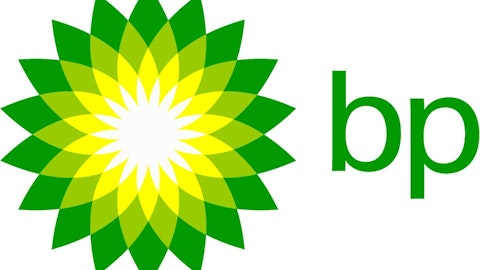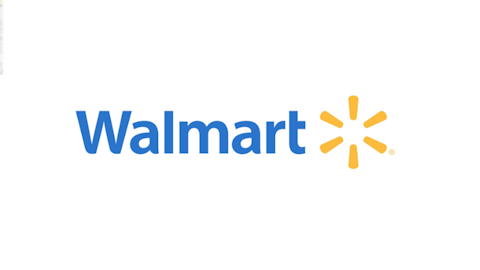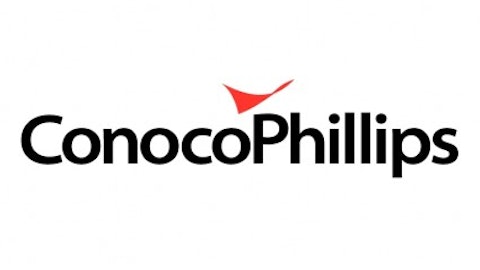
Asset sales and potential share buybacks
Marathon Oil Corporation (NYSE:MRO) is involved in the exploration and production of oil & gas, including oil sands mining and integrated gas, in many countries such as the U.S., Canada, Equatorial Guinea and Angola. Its total proved reserves have reached the highest level in 40 years, at more than 2 billion BOE, including 901 mmbbl liquid hydrocarbons, nearly 2.8 tcfe and 653 mmbbl of synthetic crude oil. The majority of its proved reserves, 1.3 billion BOE, was in North America, while the proved reserves in Africa were 609 million BOE. In the U.S., Marathon Oil Corporation (NYSE:MRO) had around 200,000 core net acres in Eagle Ford and around 390,000 net acres in the Bakken Shale area.
Recently, Marathon Oil announced that it has agreed to divest its 10% working interest in Block 31 offshore Angola to SSI Thirty-One Limited, with the total transaction value of around $1.5 billion. Angola Block 31 has five production and two injection wells online, with two active rigs building well inventory. Interestingly, Marathon Oil Corporation (NYSE:MRO) intended to use the proceeds from Block 31 in Angola to repurchase its shares and strengthen the company’s balance sheet. After this divestiture, Marathon Oil has reached $2.9 billion in asset sales, meeting the target of $1.5-$3 billion asset sales in the period of 2011-2013.
What I like about Marathon Oil Corporation (NYSE:MRO) is its consistent dividend payment in the past ten years. In 2012, its dividend was $0.68 per share, with a conservative payout ratio of only 25%. It is trading at $37.50 per share, with a total market cap of around $26.60 billion. The market values Marathon Oil at only 3.42 times its trailing EBITDA, and the dividend yield is only 1.8%. If we assumed that $1 billion was spent on share repurchase, investors could get an additional share buyback yield at 3.76% at the current trading price.
Lowest valuation among its peers
Compared to its peers Apache Corporation (NYSE:APA) and Exxon Mobil Corporation (NYSE:XOM), Marathon Oil is the cheapest valued among the three. Apache is trading at $85 per share, with a total market cap of around $33.30 billion. The market values Apache at 3.76 times its trailing EBITDA. Apache is more conservative than Marathon Oil in dividend policy, with a low dividend payout at only 15%. Investors could get the dividend with a yield at 1% at its current price.
Apache Corporation (NYSE:APA) is also in an ongoing business restructuring process, with around $4 billion asset divestment plan for the full year 2013. The company expected that it would use $2 billion from asset sales to strengthen the balance sheet and repurchase around 30 million shares. If it could complete a $4 billion asset sale, Apache Corporation (NYSE:APA)’s EPS could move higher due to debt reduction and share buybacks.
Exxon Mobil Corporation (NYSE:XOM) is the most expensively valued among the three businesses. It is trading at $95.20 per share, with a total market cap of $423.20 billion, and is valued at 5.9 times its trailing EBITDA. ExxonMobil has its own edge over other smaller oil & gas companies, thanks to its huge resource base. It possesses as much as 25.2 billion BOE in total proved reserves. Moreover, the company had an additional 27 billion BOE of resources in design and development stages and 35 billion BOE in future development, including heavy oil sands and shale gas. ExxonMobil has a lot of growth potential with 31 major project startups in 2012-2017. Exxon Mobil Corporation (NYSE:XOM) might fit well in investors’ income portfolios due to its high dividend yield at 2.7%, with a conservative payout ratio at only 23%.
My Foolish take
Income investors might choose ExxonMobil due to its highest dividend yield, conservative payout ratio, a reasonable valuation and huge resource base with a lot of growth potential. Personally, I prefer Marathon Oil and Apache, due to their low valuations, potential asset sales and future share buybacks, which could return a lot of cash to their shareholders.
The article Marathon Oil Looks Interesting After the Block 31 Divestment originally appeared on Fool.com is written by Anh Hoang.
Anh HOANG has no position in any stocks mentioned. The Motley Fool owns shares of Apache. Anh is a member of The Motley Fool Blog Network — entries represent the personal opinion of the blogger and are not formally edited.
Copyright © 1995 – 2013 The Motley Fool, LLC. All rights reserved. The Motley Fool has a disclosure policy.




